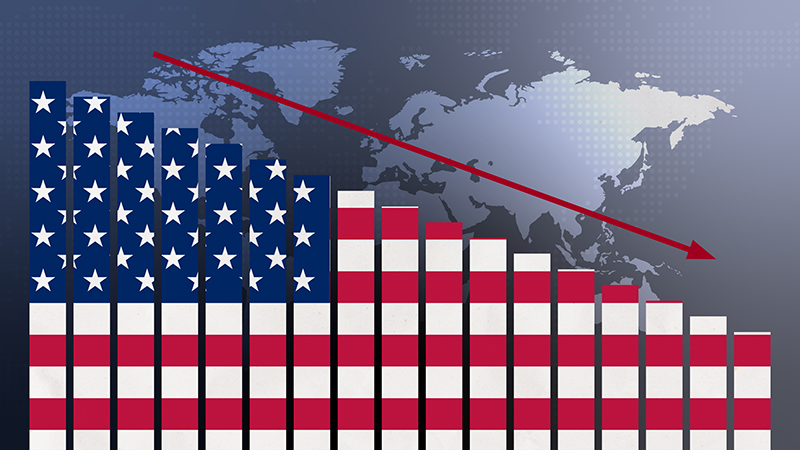“The old economy can be characterised by suffering from excess capacity, low profitability and debt – financed by the state-owned banking system,” says Vaight.
“The new economy is very innovative and growing rapidly”.
He adds: “The stock market today is largely divided along these economic lines; companies exposed to the old economy are out of favour and on the face of it look cheaply valued – but perhaps their low valuations are warranted.
“Companies exposed to the new economy are very much in favour and as a consequence trade on high valuations. This is the challenge value investors face when investing in China – the value companies appear to be potential value traps, the higher quality companies with better prospects trade on valuations that we struggle to justify.”
Fidelity China Special Situations, managed by Dale Nicholls, can be described as heavily weighted in the ‘new economy’ companies set to benefit from the growth and development of the domestic consumer, as opposed to overseas markets that could becoming tougher to access.
“There remains significant growth potential in companies related to consumption and the changing ways in which people consume,” he says.
“Many categories of consumer goods in China are still underpenetrated relative to other countries.”
The bigger risk in China, he believes, is the growth in credit: “While we have seen signs of this slowing, particularly in the so-called shadow banking area, more progress needs to be made here.”











